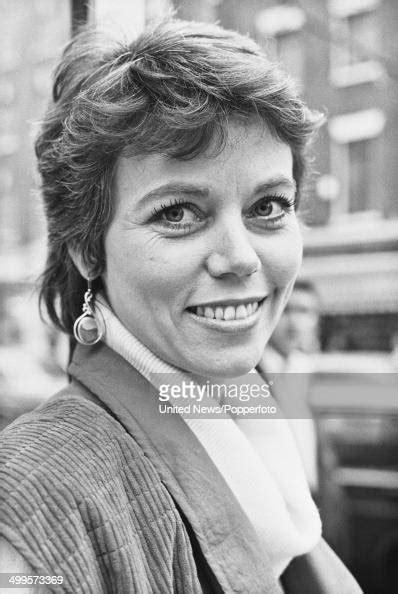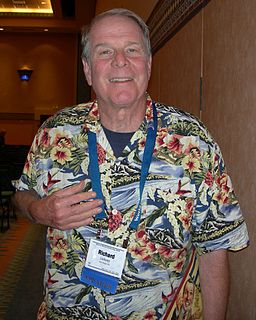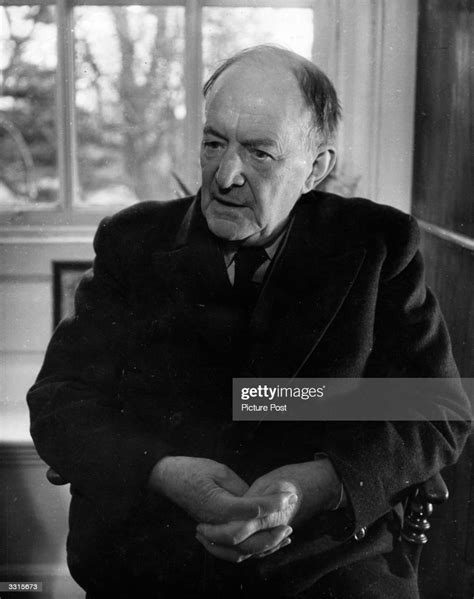A Quote by Fred Kaplan
In his life, Charles Dickens was like the rest of us, but maybe more so: another poor and wonderful soul attempting to deal with his and the world's pain and confusion in the best way he knew how.
Related Quotes
When he went blundering back to God, His songs half written, his work half done, Who knows what paths his bruised feet trod, What hills of peace or pain he won? I hope God smiled and took his hand, And said, "Poor truant, passionate fool! Life’s book is hard to understand: Why couldst thou not remain at school?" A poem by Charles Hanson Towne
Your light is seen, your heart is known, your soul is cherished by more people than you might imagine. If you knew how many others have been touched in wonderful ways by you, you would be astonished. If you knew how many people feel so much for you, you would be shocked. You are far more wonderful than you think you are. Rest with that. Rest easy with that. Breathe again. You are doing fine. More than fine. Better than fine. You’re doin’ great. So relax. And love yourself today.
I have a sense that God is unfair and preferentially punishes his weak, his dumb, his fat, his lazy. I believe he takes more pleasure in his perfect creatures, and cheers them on like a brainless dad as they run roughshod over the rest of us. He gives us a need for love, and no way to get any. He gives us a desire to be liked, and personal attributes that make us utterly unlikable. Having placed his flawed and needy children in a world of exacting specifications, he deducts the difference between what we have and what we need from our hearts and our self-esteem and our mental health.
When I knew I couldn't suffer another moment of pain, and tears fell on my bloody bindings, my mother spoke softly into my ear, encouraging me to go one more hour, one more day, one more week, reminding me of the rewards I would have if I carried on a little longer. In this way, she taught me how to endure — not just the physical trials of footbinding and childbearing but the more torturous pain of the heart, mind, and soul.
At that instant he knew that all his doubts, even the impossibility of believing with his reason, of which he was aware in himself, did not in the least hinder his turning to God. All of that now floated out of his soul like dust. To whom was he to turn if not to Him in whose hands he felt himself, his soul, and his love?
He leant his two elbows on his knees, and his chin on his hands and remained rapt in dumb meditation. On my inquiring the subject of his thoughts, he answered gravely 'I'm trying to settle how I shall pay Hindley back. I don't care how long I wait, if I can only do it at last. I hope he will not die before I do!' 'For shame, Heathcliff!' said I. 'It is for God to punish wicked people; we should learn to forgive.' 'No, God won’t have the satisfaction that I shall,' he returned. 'I only wish I knew the best way! Let me alone, and I'll plan it out: while I'm thinking of that I don't feel pain.


































